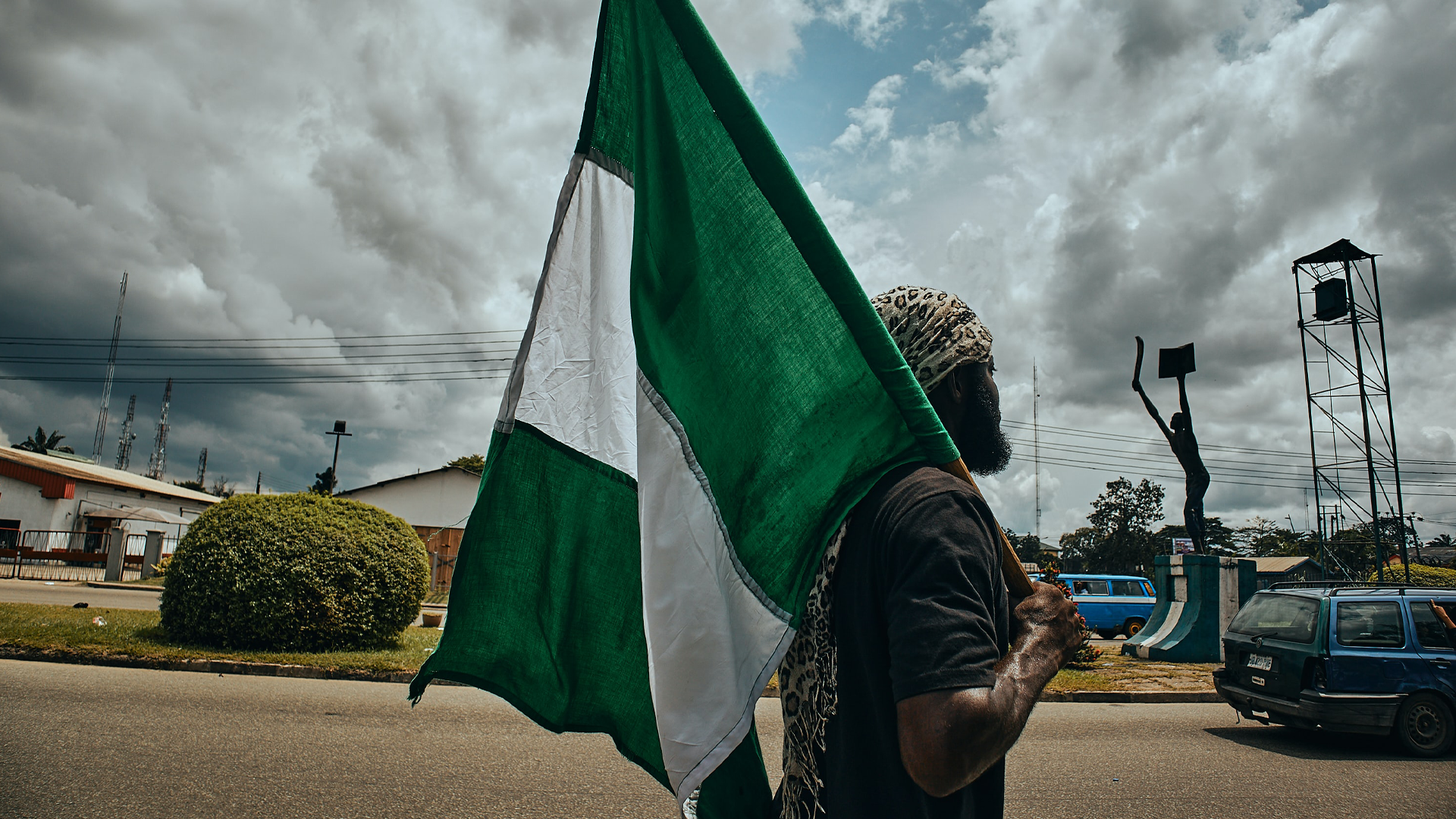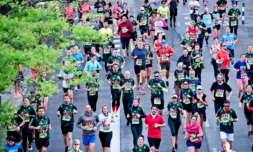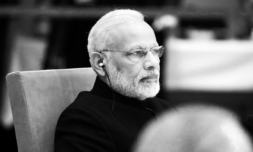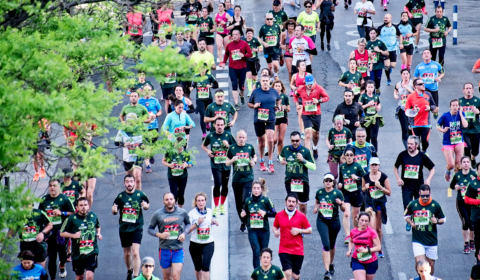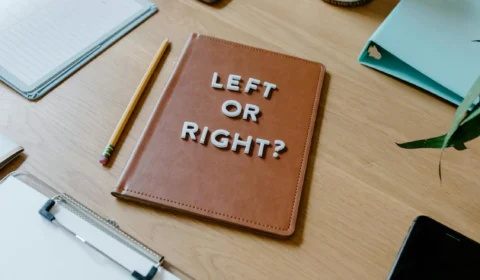Despite a population of 200 million, Nigeria has historically relied on foreign faces in advertising. A new ban on white and non-Nigerian models is a big step in representation, but will it work?
When you think of Nigeria, you don’t tend to imagine white models and actors with British accents. But in a large portion of Nigerian pop culture, foreign faces take centre stage.
Cultural assassination in Hollywood has driven the whitewashing of Nigerian cinema. The Nigerian accent has been consistently butchered by white British and American actors, to the point that dangerous African stereotypes have started to shape Nigeria’s self-image.
But this week, Nigeria’s Federal Ministry of Information and Culture announced that the country’s Advertising Regulatory Council of Nigeria (ACRON) has issued a formal ban on foreign actors and models.
Steve Babaeko, president of the Association of Advertising Agencies of Nigeria said of the decision, ‘10 to 20 years ago if you checked the commercials, I would say they were almost 50/50 in terms of foreign faces and all the voice overs were British accents’.
Babaeko argues that a recent cultural ‘renaissance’ in Nigeria has seen a ‘new sense of pride’ emerging amongst the younger population.
A rise in young Nigerian fashion designers and LGBTQ+ movements are emblematic of this change. Following the announcement of a foreign model ban, many have suggested Nigeria is finally ‘catching up’ with this sentiment of national pride.
The ban will come into formal effect on the 1st October 2022. Babaeko hopes it will be a first step in allowing Africa’s ‘history and stories to be told by its people’.
Agencies will have to pay £200 for every foreign model featured in an advert, in the hopes that home-grown talent and local economies will reap the rewards of Nigeria’s creative projects.
However, not everyone is on board with the move.
Adaobi Tricia Nwaubani, a Nigerian novelist, has suggested that while many view the ban on foreign models as a way for Nigerians to free themselves ‘from a colonial mentality’, it’s actually detrimental to diverse representation amongst the country’s own population.
‘There are many Nigerians at home and abroad with British and American accents – authentic or fake – as well as some Nigerians who are blonde-haired and blue-eyed’ Nwaubani said in an open letter published to the BBC.
‘There are also many white women married to Nigerian men […] foreign women who marry Nigerian men are allowed to hold Nigerian passports’.
Nwaubani claims the new ban cannot prevent these ‘bona fide citizens’ from being featured in commercials, irrespective of the colour of their skin.









